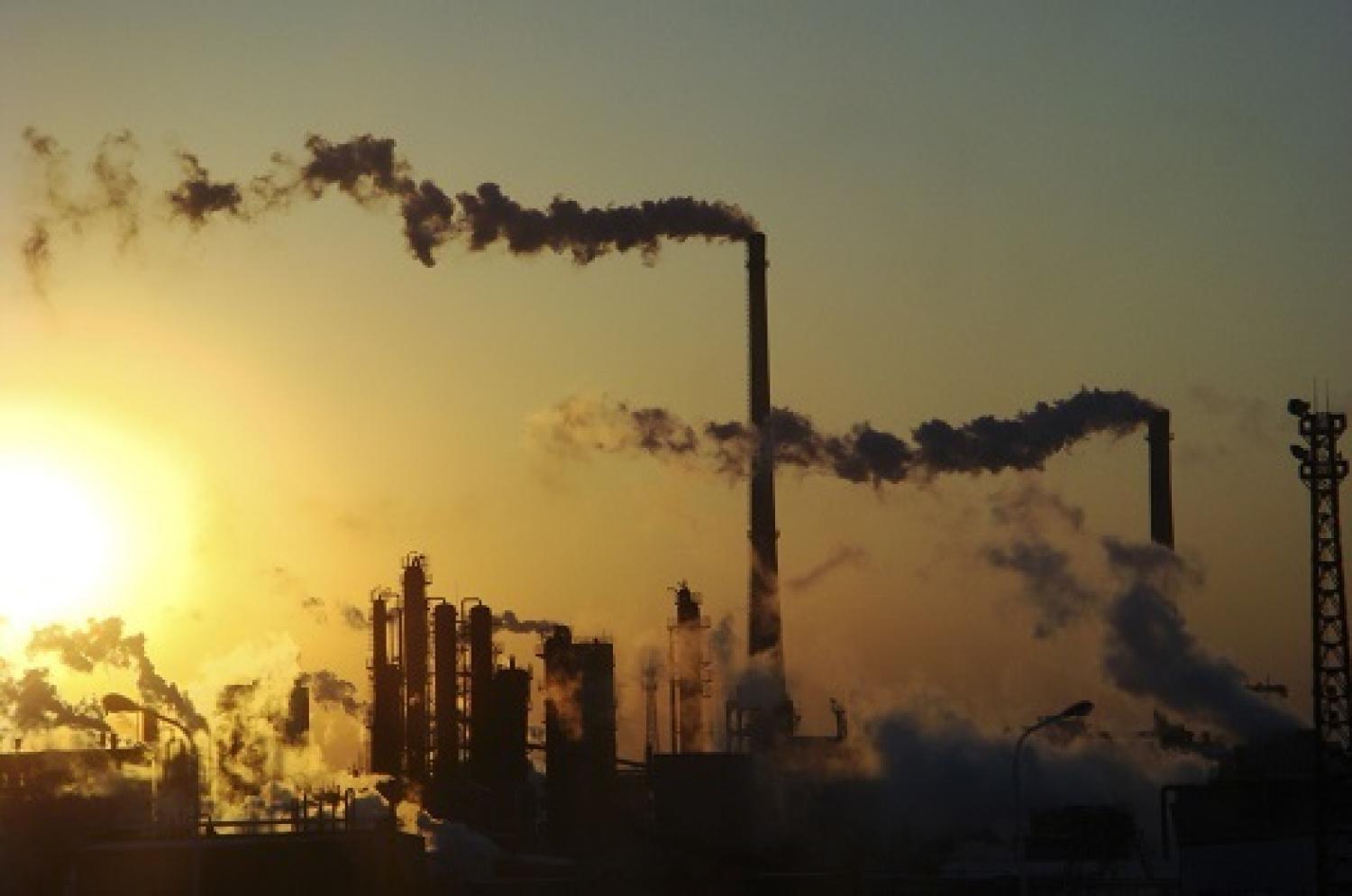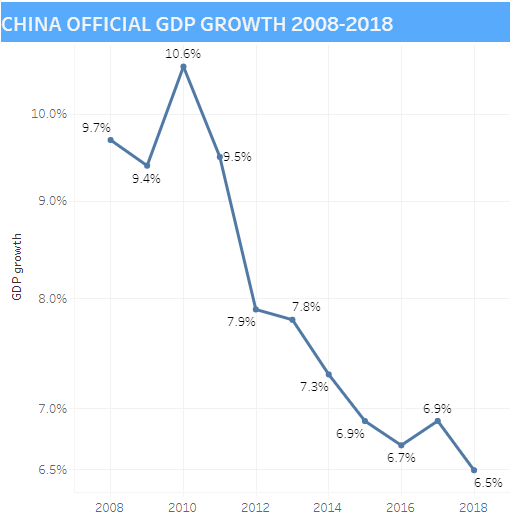
SINGAPORE (ICIS)--China’s measures to combat pollution will intensify supply-side pressures on its petrochemical industry which could drive up commodity prices, analysts said.
Its petrochemical industry has already been slapped with a “green tax” this year after being identified as among the biggest polluters in the country.
Coal-derived petrochemical products such as ethylene and methanol are among those likely to be hit by the tightening environmental regulations in China. Prices of these chemicals may consequently increase as a shift to a more environment-friendly or “greener” production processes becomes necessary, according to Japan-based brokerage Nomura. (Please see table below)
| Product | Major Issues | Envrionmental Issues |
| Ethylene | Air Pollution |
CTO (coal-to-olefins) production process causes major coal -related air pollution, large volumes of wastewater in need of treatment. |
| Polyvinyl Chloride (PVC) | Air Pollution and Wastewater |
Carbide production causes air pollution as well as mercury emissions through use of mercury-based catalysts.Government is not offering any new approvals. |
| Graphic Electrodes | Air Pollution |
Firing process in graphite electrode production causes significant air pollution. |
| Caprolactam | Air Pollution and Wastewater |
Environmental monitoring causing procurement shortages for coal-derived inputs such as benzene and ammonia. |
|
Need for wastewater treatment. |
||
| Phenol |
Wastewater |
|
| Polycarbonate | Air Pollution |
Phase interface production method uses phosgene and halogen solvents, which cause major air pollution. Government is not offering any new approvals. |
| MMA | Wastewater |
Need for wastewater treatment. |
| Acrylonitrile | Wastewater |
ACN by-products, especially cyanide can be toxic even in tiny amounts, giving rise to wastewater issues. |
| MDI |
Wastewater |
Need for wastewater, hydrochloric treatment. Need for wastewater treatment. Issue with water contamination (eg, from formaldehyde) |
| TDI |
Wastewater |
|
| Acrylic Acid |
Wastewater |
|
| Silicon Resin | Wastewater |
Production process gives rise to both wastewater and solid waste problems. |
| Methanol | Air Pollution |
Production of coal-derived methanol causes air pollution, also producing large volumes of wastewater in need of treatment. Wastewater requires treatement to eliminate sulfuric acid, etc. |
| Titanium Oxide |
Wastewater |
|
|
Source: Nomura, based on company and Chemical Daily data |
||
Petrochemicals such as methyl di-p phenylene isocyanate (MDI) and toluene di-isocyanate (TDI), which require massive wastewater treatment, would also likely see their prices go up, it said.
The Chinese government’s measures to curb long-term risks, redistribute incomes and control pollution will be negative for economic growth in the short term, Nomura said.
China, which is the world's second-largest economy, posted a stronger-than-expected 6.9% growth last year. But economic expansion for 2018 is projected to be slower at around 6.5% as the government pushes forward with structural reforms to shift to “high-quality growth”, the Japanese brokerage it said in a note.
Click the image to open the interactive graph.
During the first day of China’s 13th National People’s Congress (NPC) plenary session on 5 March, Chinese Premier Li Keqiang laid out further measures to bring down pollution levels in the country.
The Chinese government aims to cut emissions of sulphur dioxide (SO2) and nitrogen oxide (NOx) by 3% this year and achieve a continuous decline in the density of hazardous fine particle matter (PM2.5) in key areas, Li said.
For 2018, the country’s chemical oxygen demand – which is a measure of oxidizable pollutants found in surface water or wastewater – and ammonia nitrogen emissions will be cut by 2%, Li said in his government report.
China will also push forward its aim of raising the quality of its motor fuels, as well as upgrading steel and other industries to achieve ultra-low emissions to prevent and control water and soil pollution, he said.
The country’s energy mix will be further optimised, with a target to slash the share of coal in total energy consumption by 8.1 percentage points and raise the share of clean energy by 6.3 percentage points.
In 2017, coal accounted for 60.3% of China’s energy consumption, while clean energy had a 21.2% share, according to data from the country’s National Energy Administration.
Li also said that overseas garbage will be prohibited from entering China.
At the start of the year, China has implemented a ban on imports of waste plastics which is expected to translate to higher consumption of virgin polymers.
For the six-year term of the 13th NPC from 2018 to 2023, it “will continue to prioritize environment-related work in 2018”, state news agency Xinhua quoted Zhang Yesui, spokesperson for the first annual NPC session, as saying in a separate report.
The committee will continue to review a draft law on soil pollution, revise a law on solid waste pollution, and review the annual environment report and the progress made in meeting targets, he said.
“Six pieces of legislation concerning environmental protection, air pollution, water pollution, marine environment, environment tax, and wildlife protection have been enacted or modified,” Zhang said.
The ongoing major political gathering in Beijing will last until 20 March, during which time, China's political leaders will hammer out details of the country’s policies for 2018.
Picture: Smoke billows from chimneys at a chemical factory in Tianjin, China. (Source: VIEW CHINA PHOTO/REX/Shutterstock)

